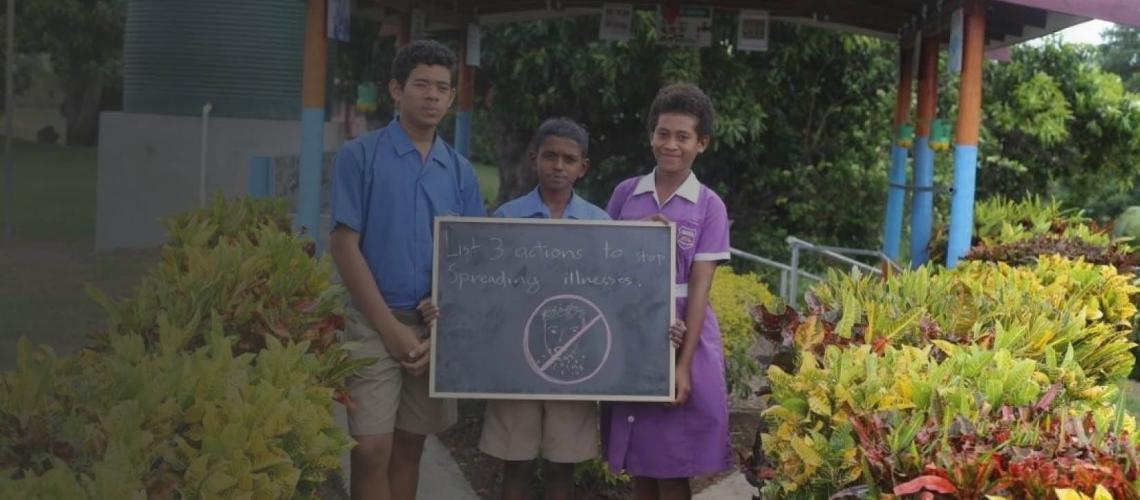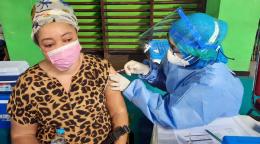Страны Тихоокеанского региона (МСО)

Фото: © UNICEF/UNI288471/Hing
Страны и территории под эгидой МСО
Страновая команда - ООН Страны Тихоокеанского региона (МСО)
Канцелярия Постоянного координатора
1 / 2
1 / 5
Учреждения ООН в Фиджи
1 / 32
Основные документы ООН
ЮНДАФ/Рамочные программы ООН по сотрудничеству в целях развития
ЮНДАФ / Рамочные программы - начало
01 января 2023
ЮНДАФ / Рамочные программы - окончание
31 декабря 2023
Начало нового цикла рамочных программ сотрудничества
01 января 2024
1 / 12
Последние новости и все самое важное
1 / 2














